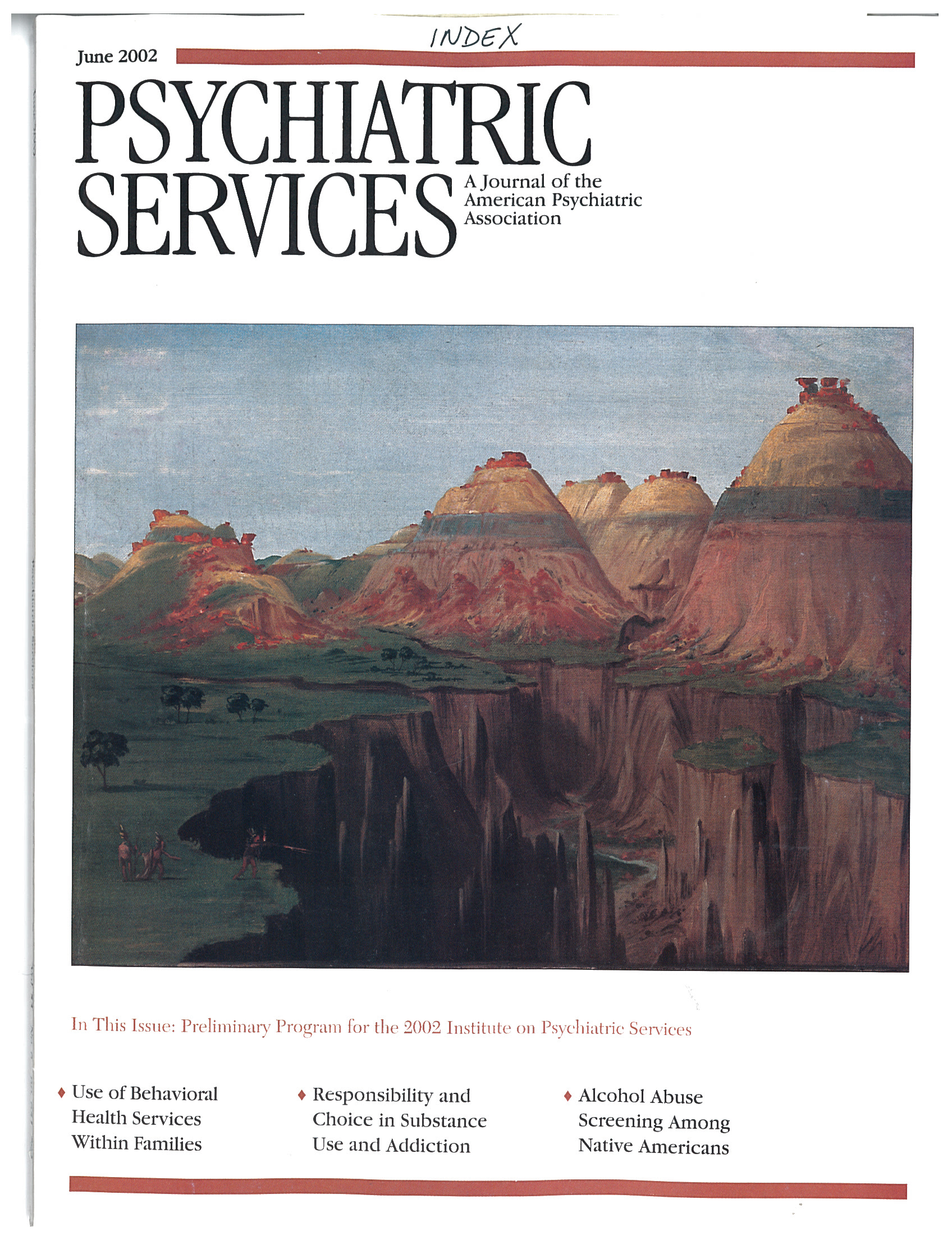Responsibility and Choice in Substance Use and Addiction
In this month's issue, in part to encourage clinicians to examine their own views on addiction, the 16-member Committee on Addictions of the Group for the Advancement of Psychiatry presents a discussion of responsibility and choice in substance use and addiction. The authors summarize various coexisting perspectives on personal responsibility in this context—biological, psychological, social and cultural, self-help, religious, and forensic. In each of these perspectives the degree of responsibility for addiction placed on the user may vary and has varied historically. The authors note that personal responsibility for the individual addict lies somewhere on a continuum and that treatment should be consonant with that continuum. They suggest, too, that the current allocation of resources to combat drug use should be examined (see page 707).
Chronic Suicidality in Borderline Personality Disorder
Persons with borderline personality disorder commonly have suicidal thoughts, threaten suicide, and attempt suicide. In this issue, Joel Paris, M.D., reviews the past 15 years' literature on suicidality among persons with borderline personality disorder, and from it synthesizes information that can be useful for clinicians who treat patients in this population. He reports that although some 10 percent of patients with the disorder complete suicide, completions tend to occur much later in the course of illness than most threats and attempts—that is, among patients for whom treatment over time has not been effective. Although distinguishing acute from chronic suicidality can be difficult, patients who are chronically suicidal tend to seek treatment, whereas those who complete suicide tend not to. Dr. Paris also addresses the appropriateness of hospitalization, the fear of litigation among clinicians that can interfere with sound treatment, and ways of managing chronic suicidality in outpatient therapy (see page 738).
Historical Perspective on Use of Restraints in Psychiatry
It was well over a century and a half ago that Lincoln Asylum physician Robert Gardiner Hill declared that use of restraint for persons with mental illness is "never necessary, never justifiable, and always injurious." In this month's Emergency Psychiatry column, Gary S. Belkin, M.D., Ph.D., provides some historical context for the shifting intersection of ethics and use of restraint in psychiatry. He begins by quoting Hill and citing Hill's remarkable success in eliminating use of restraint altogether at the asylum. The "moral psychiatry" of the time has been regarded by many historians of psychiatry as a great advance in the treatment of persons with mental illness, but it has also been criticized as a substitution of internal controls for external controls. Therein, Dr. Belkin suggests, lies the potential for ethical murkiness: psychiatric treatment itself, by its very nature, so often entails the need for some form of control or exertion of authority that sorting out science from practice, although essential, can be a difficult task indeed (see page 663).
Varying Priorities of Consumers, Family Members, and Providers
Ideally, the preferences of consumers carry a great deal of weight in treatment planning, and consumers, their family members, and their mental health care providers all have the same goals for treatment. However, Ellen P. Fischer, Ph.D., and her colleagues report that they did not find a high level of consensus in 60 sets of stakeholders, each comprising a patient with schizophrenia, a member of his or her family, and a provider. The study used interviews in which participants rated the order of importance and the relative importance of various treatment outcome domains, such as increased energy, decreased hostility, and improved work performance, and various service domains, such as regular pharmacotherapy appointments, social skills training, and substance use treatment. Providers and family members also ranked the items in the order they thought the consumer would rank them. Analyzing rankings by pairs and by sets, the authors found low levels of agreement. The consumers' goals and preferences were poorly understood, and family members' and providers' rankings reflected their own preferences more than the consumers' (see page 724).
Briefly Noted…
• Assertive community treatment is widely praised for its effectiveness, but some of its features have been criticized. A study in this issue reports on what clients like least about it (see page 761).
• In this month's Personal Accounts column, a psychiatrist recounts a voyage of discovery—and self-discovery—as he faced down debilitating psychogenic low back pain (see page 665).
• The books section this month opens with an essay on "image and identity in our new world," in which books on media, culture, and fashion are reviewed (see page 770).

